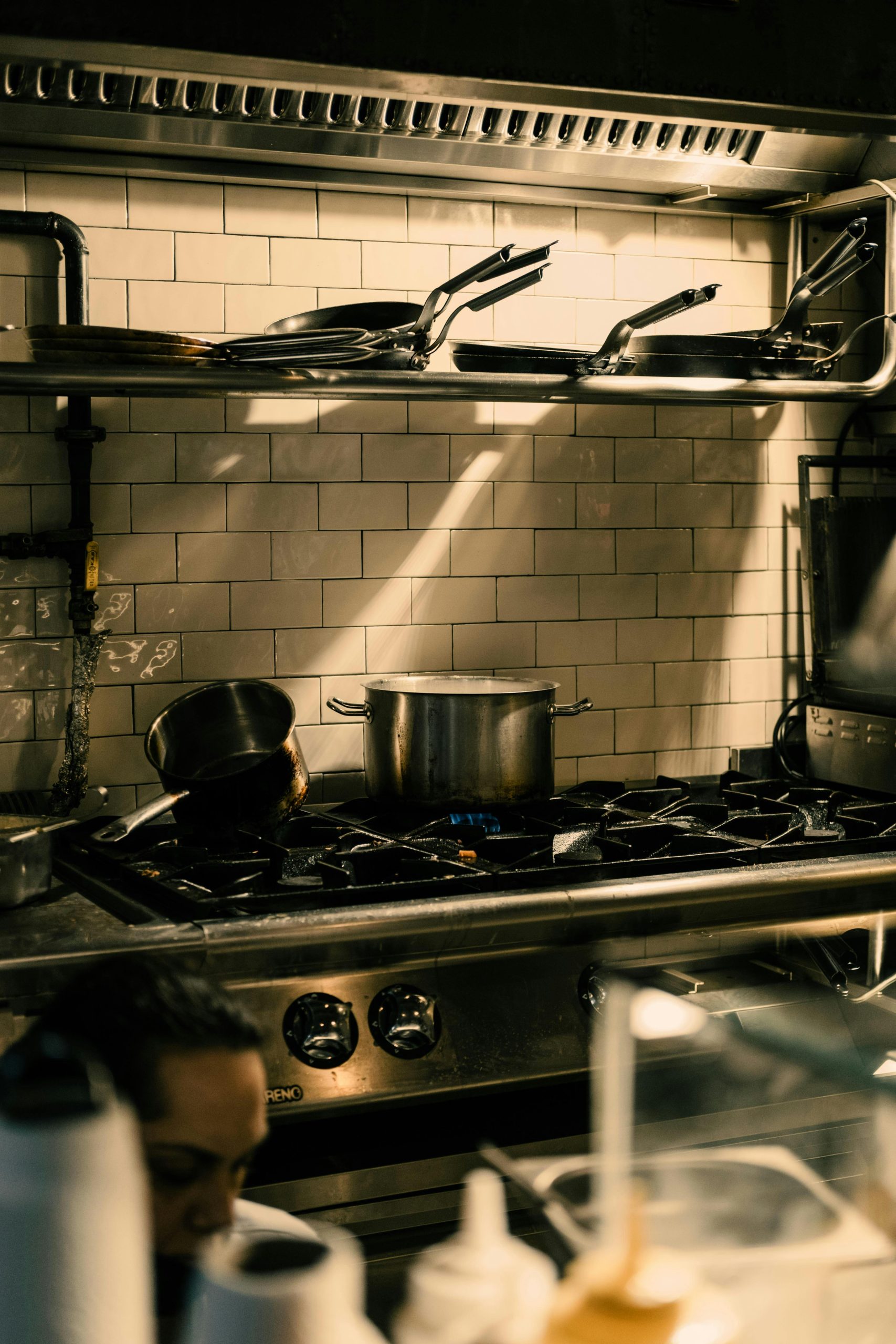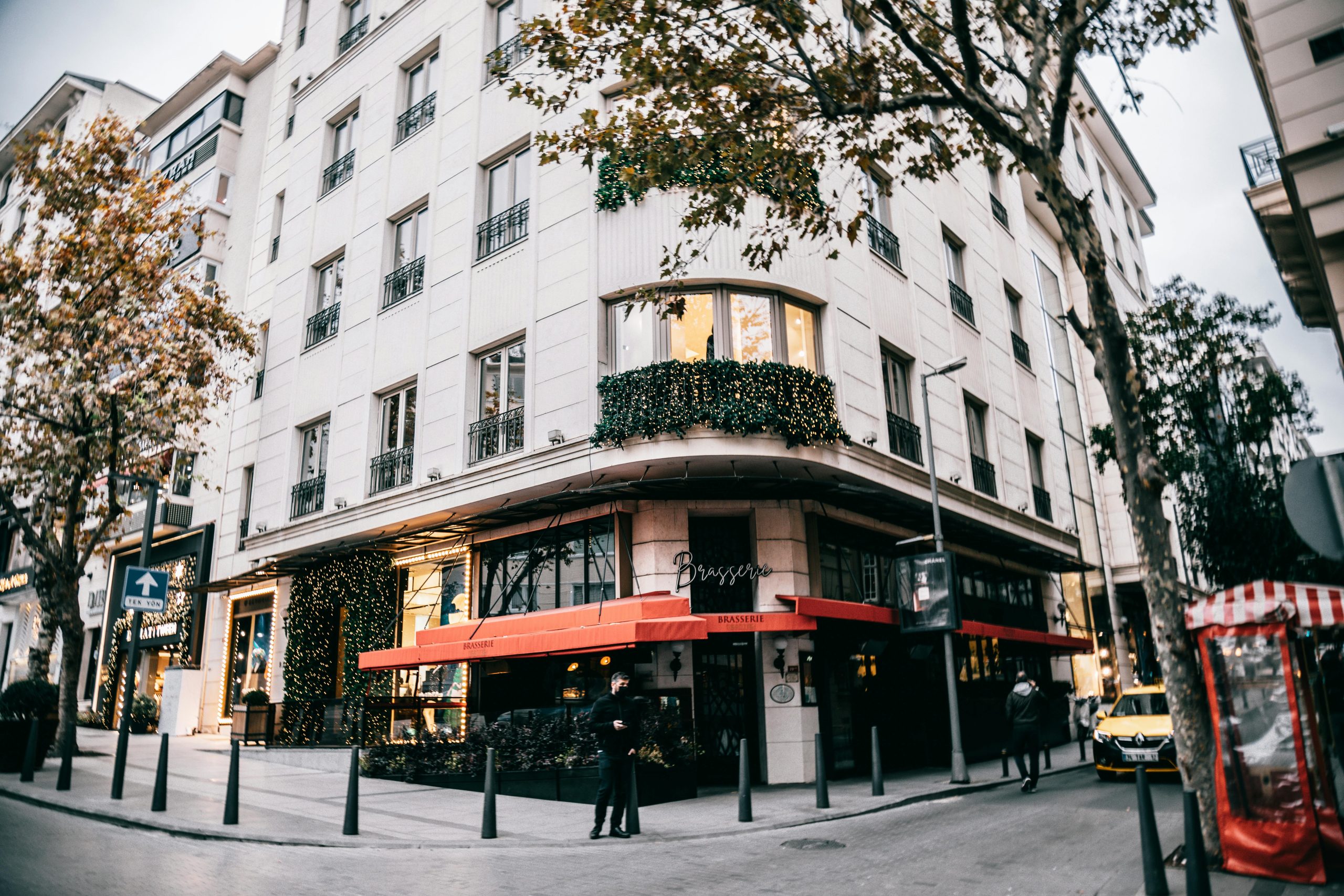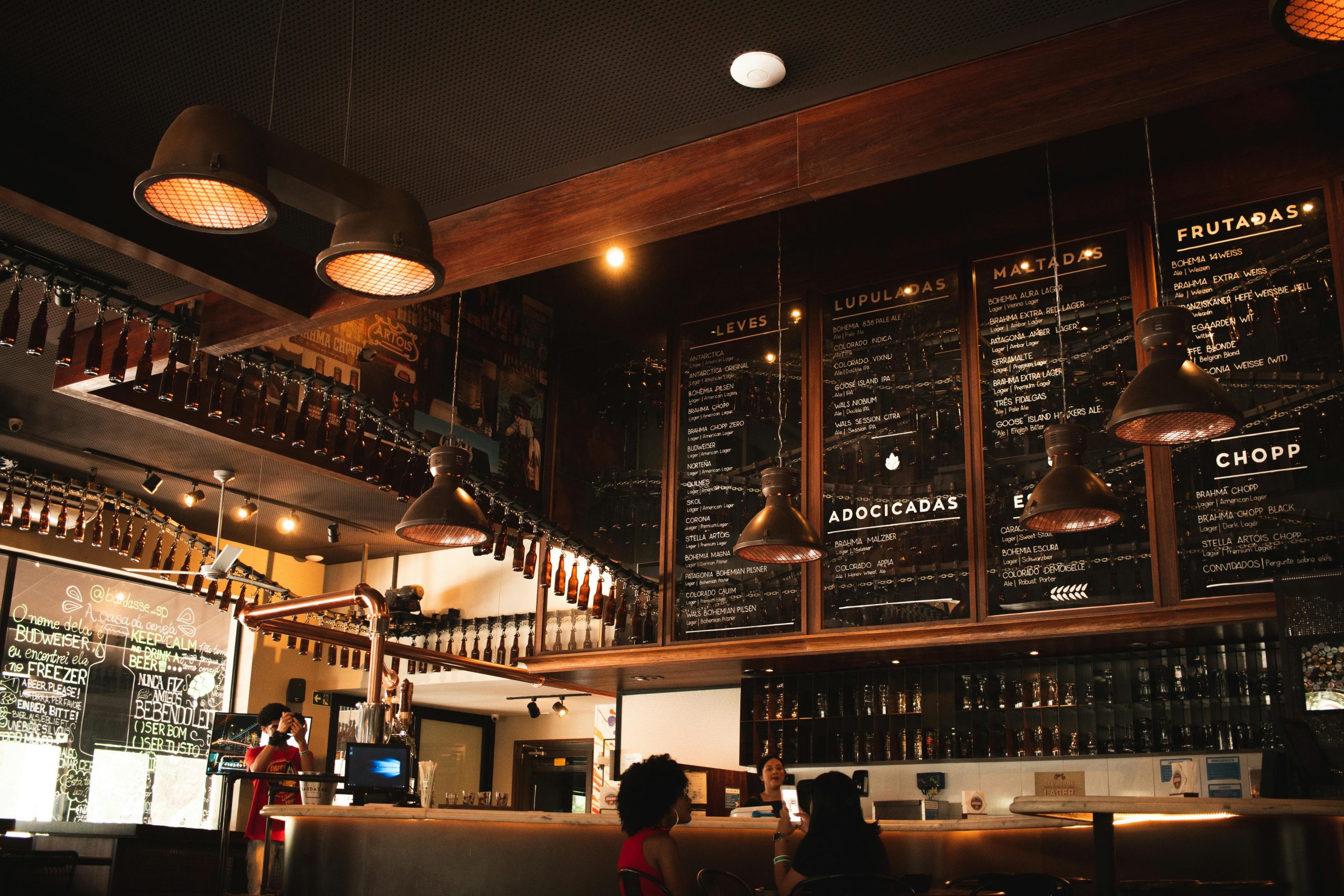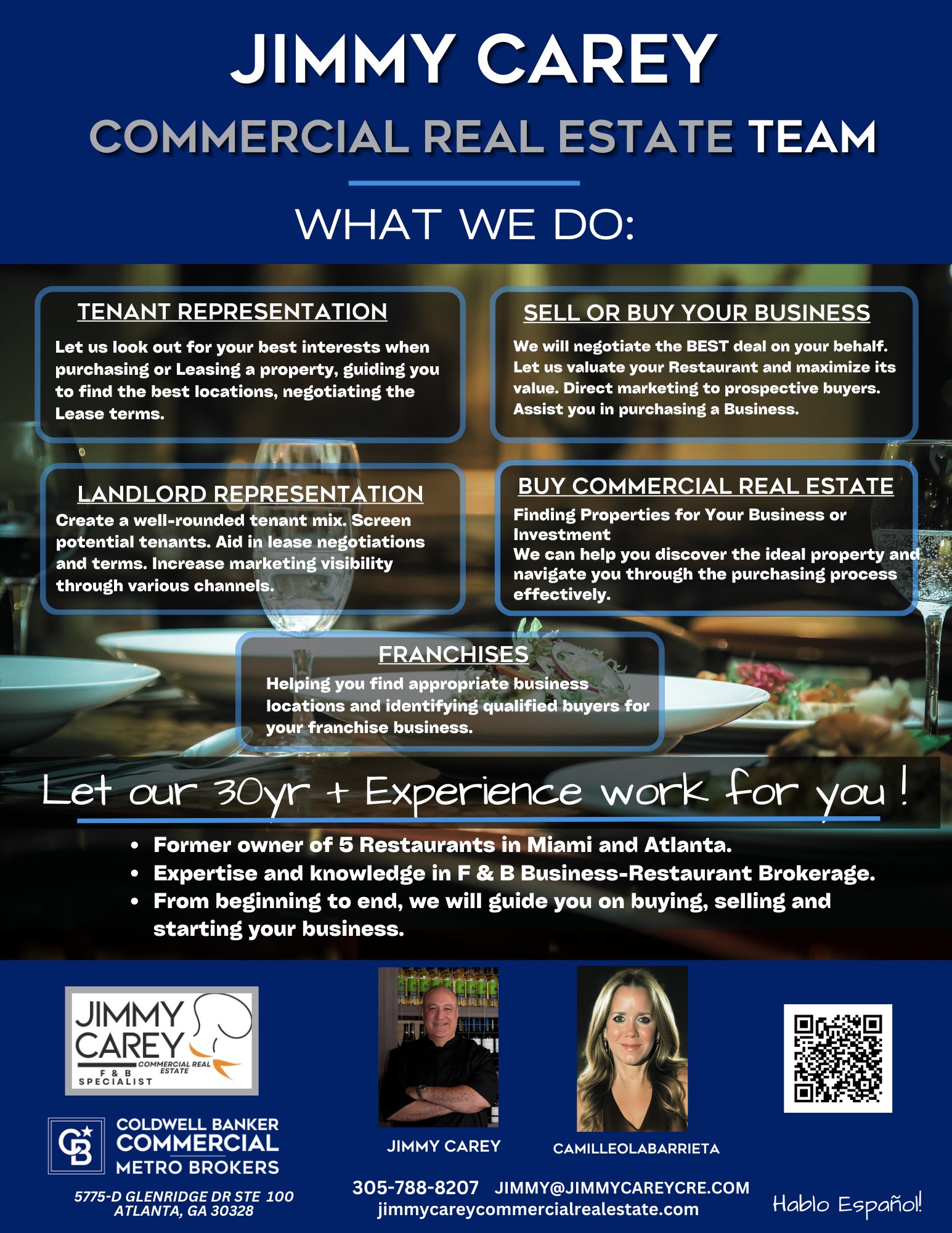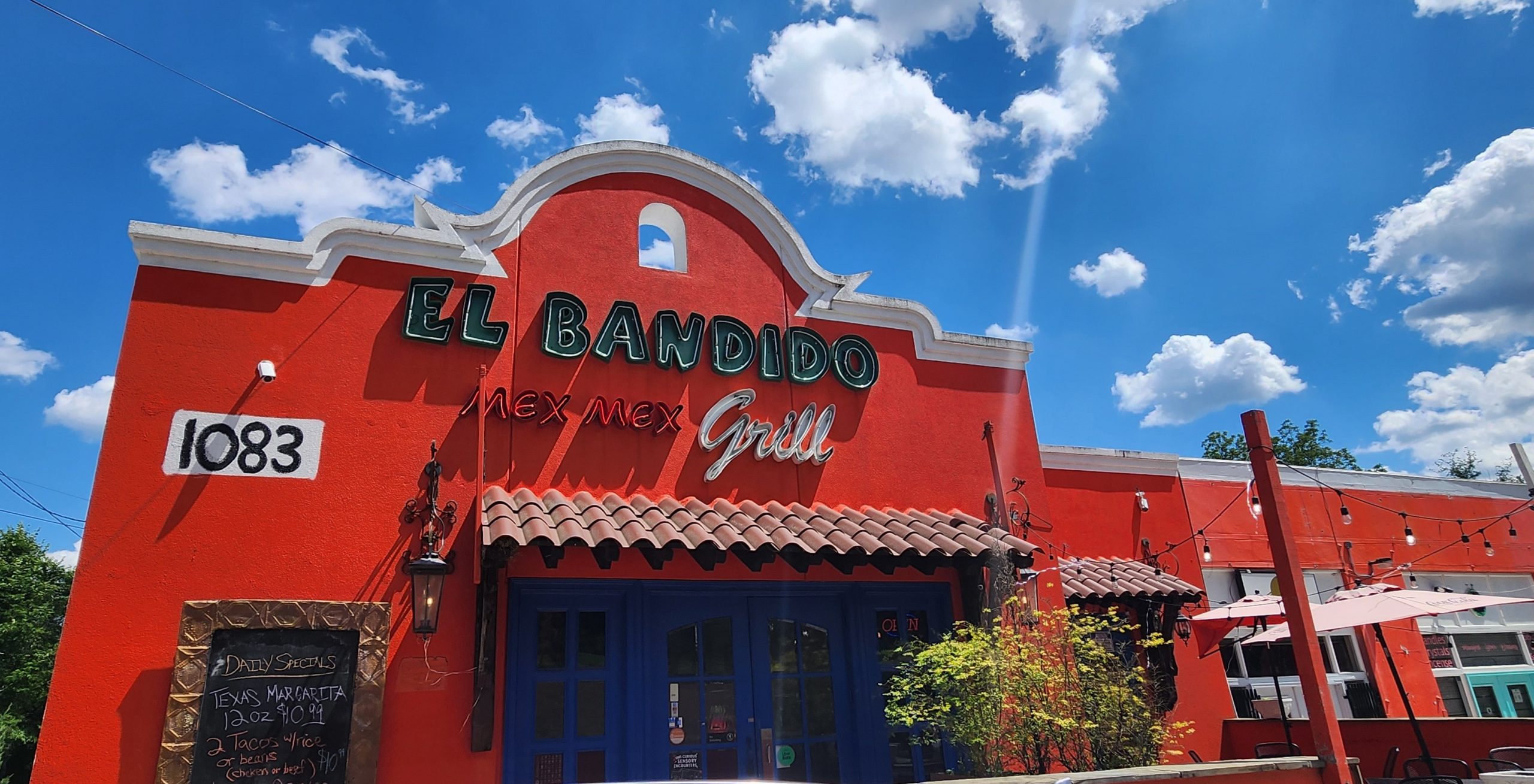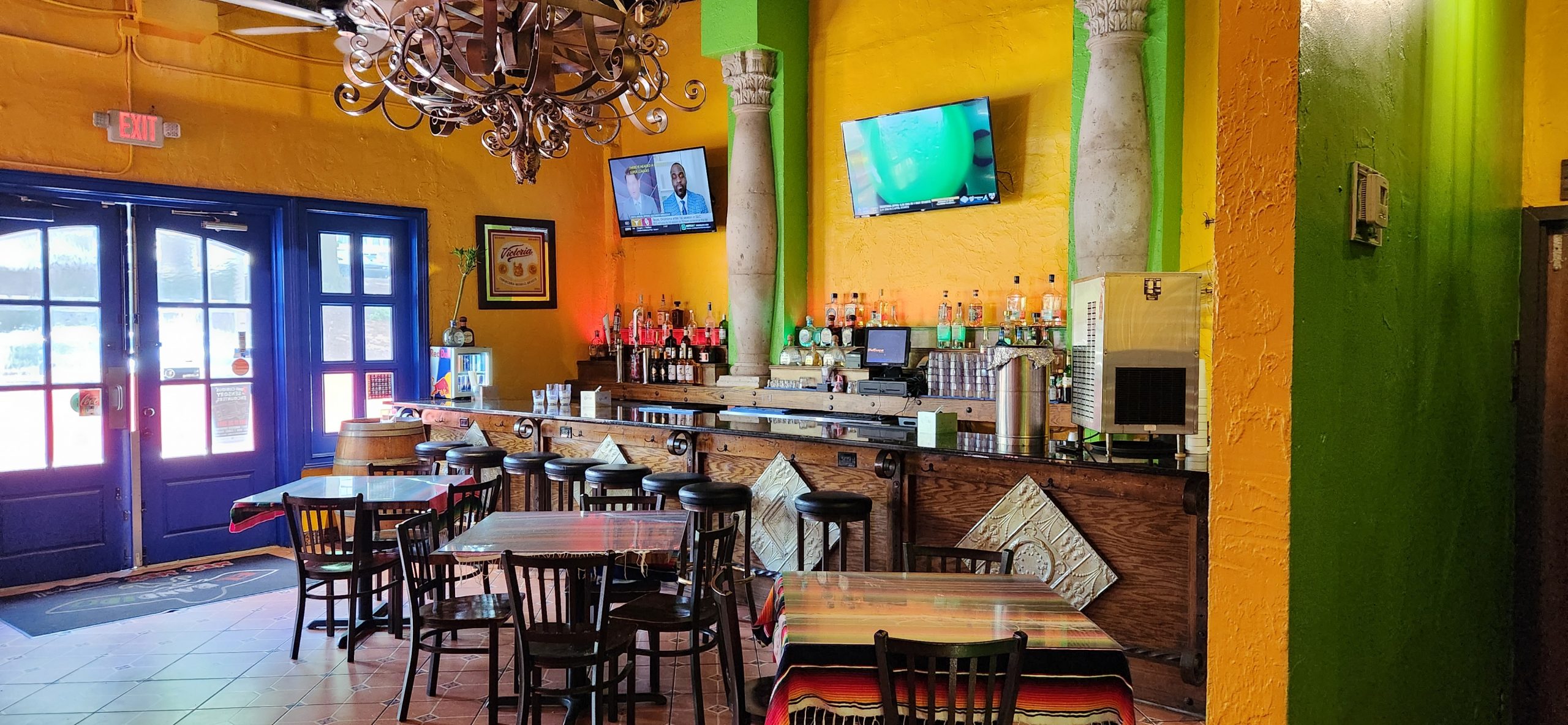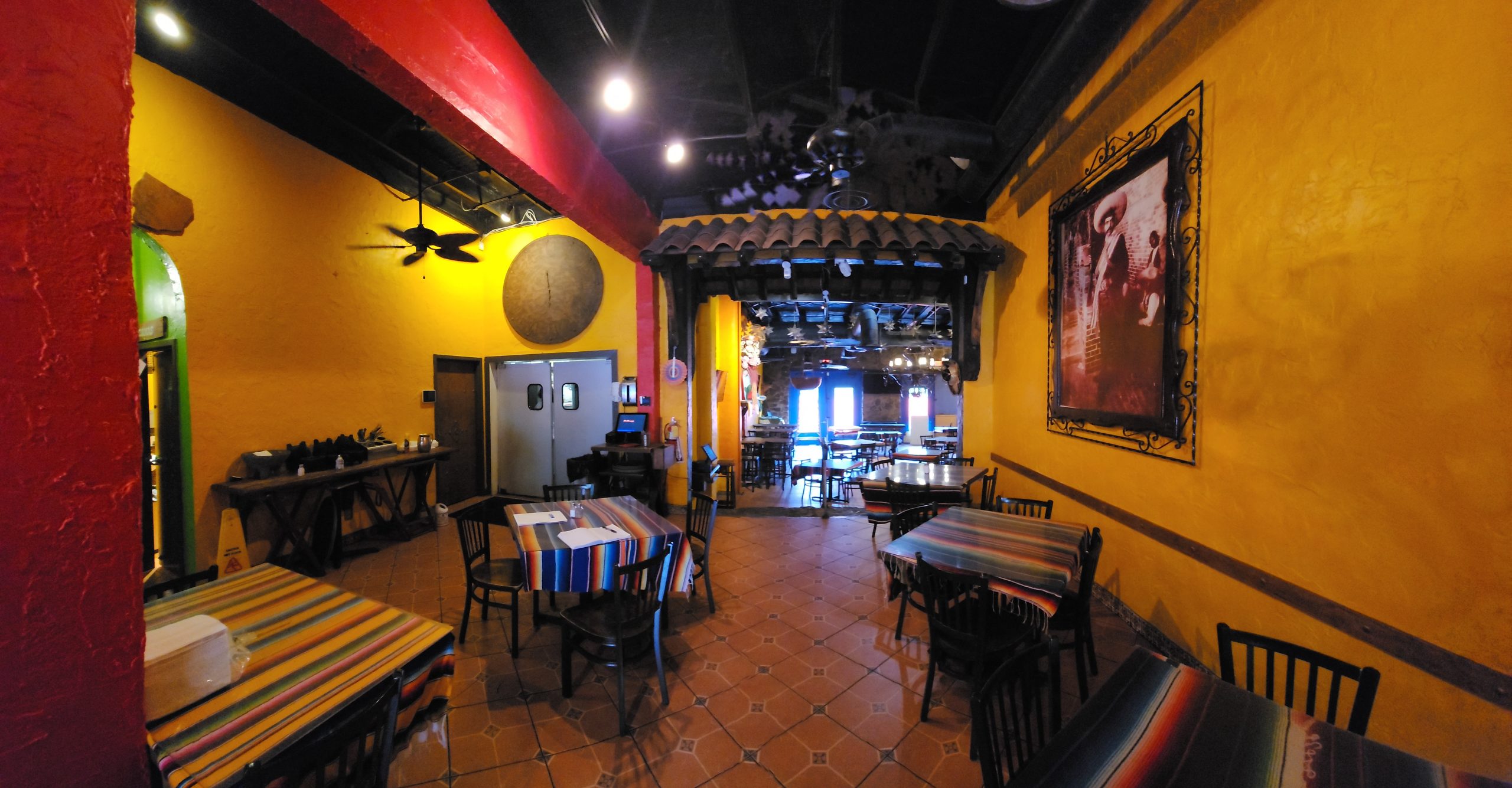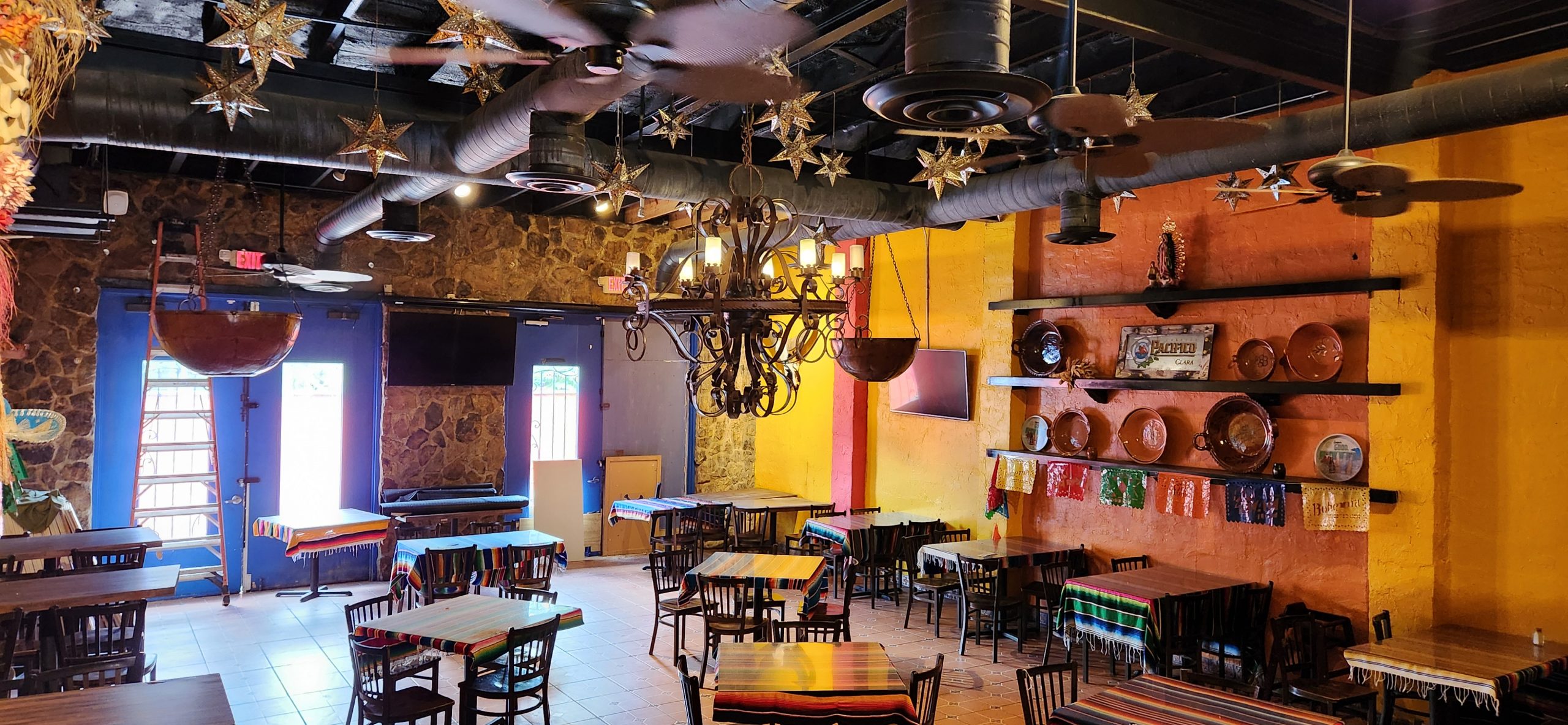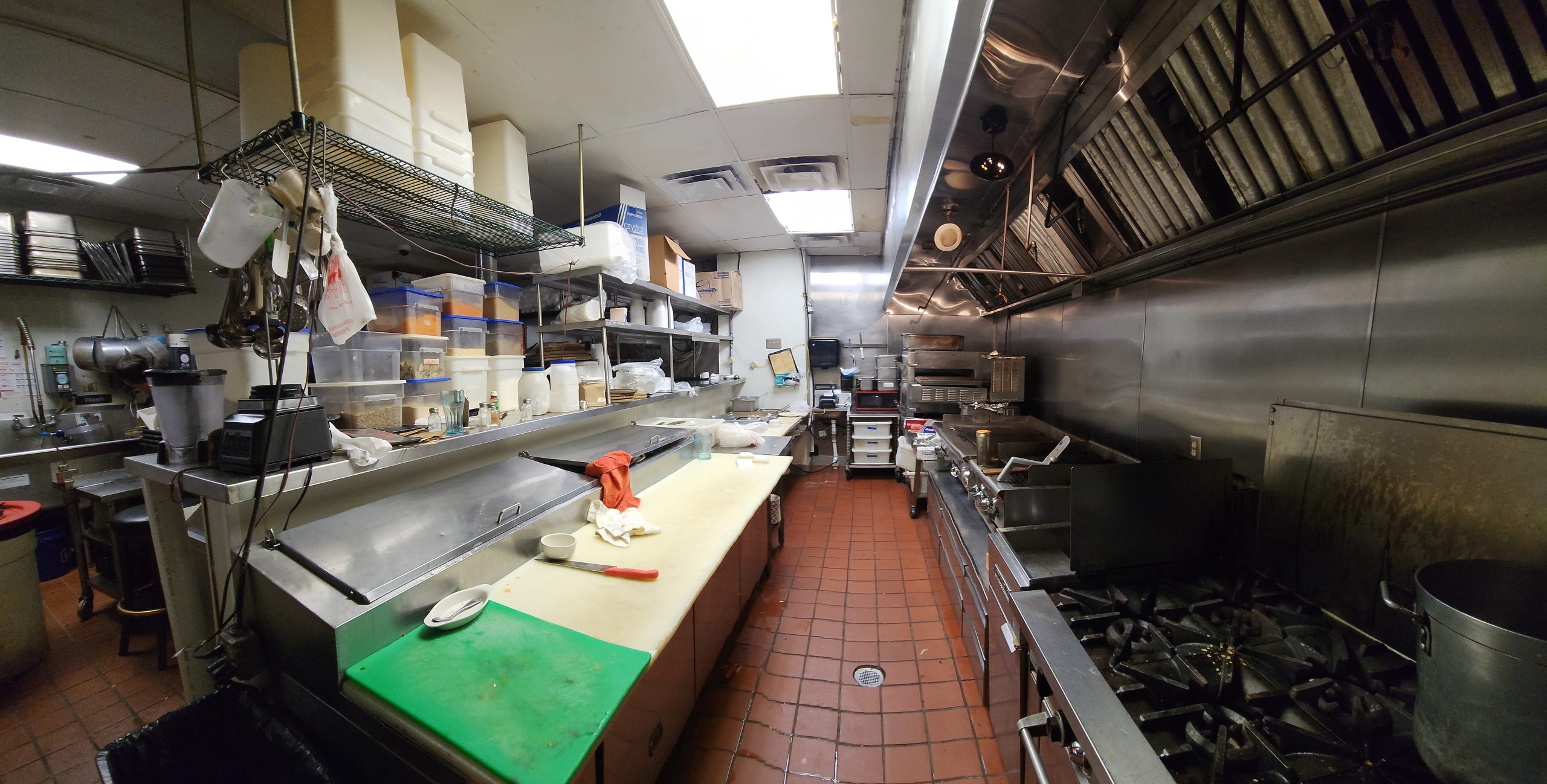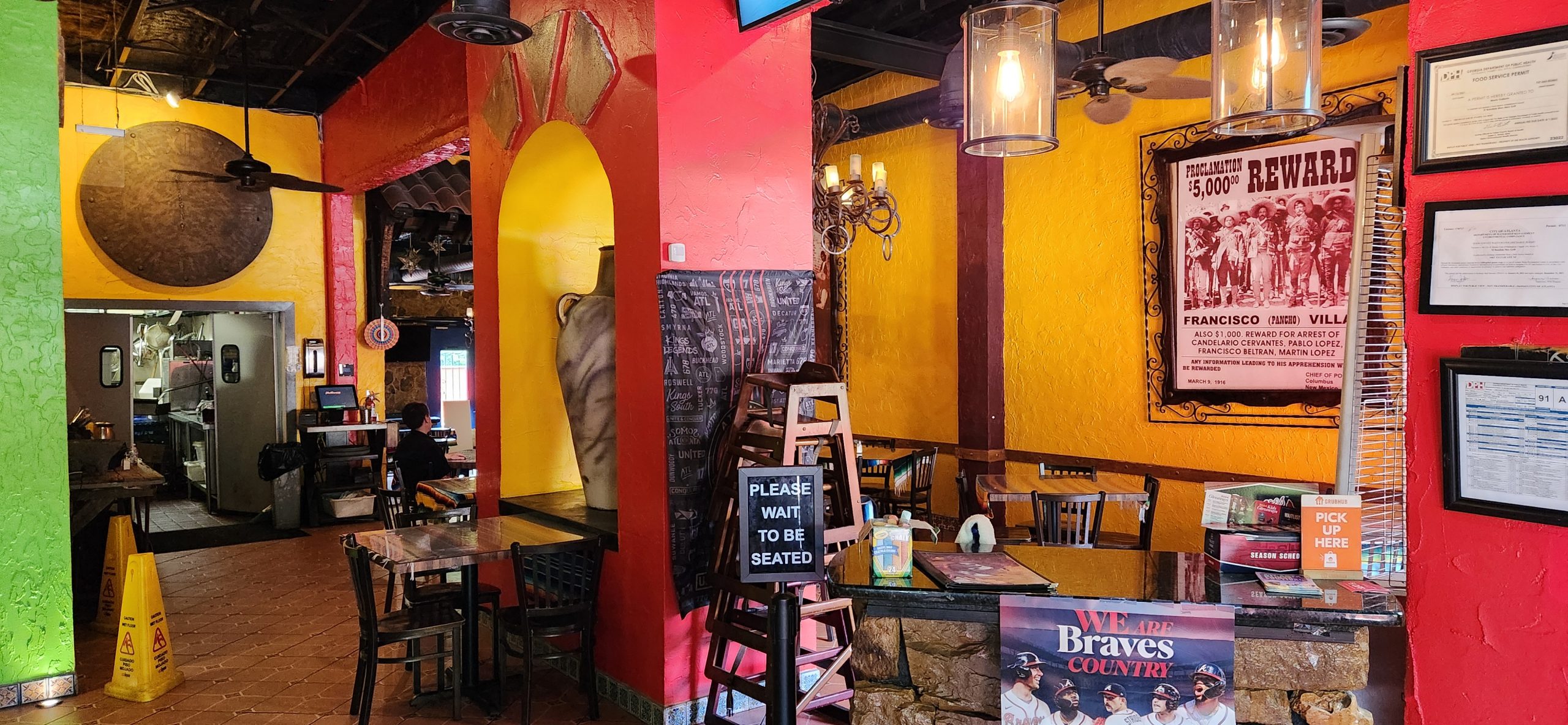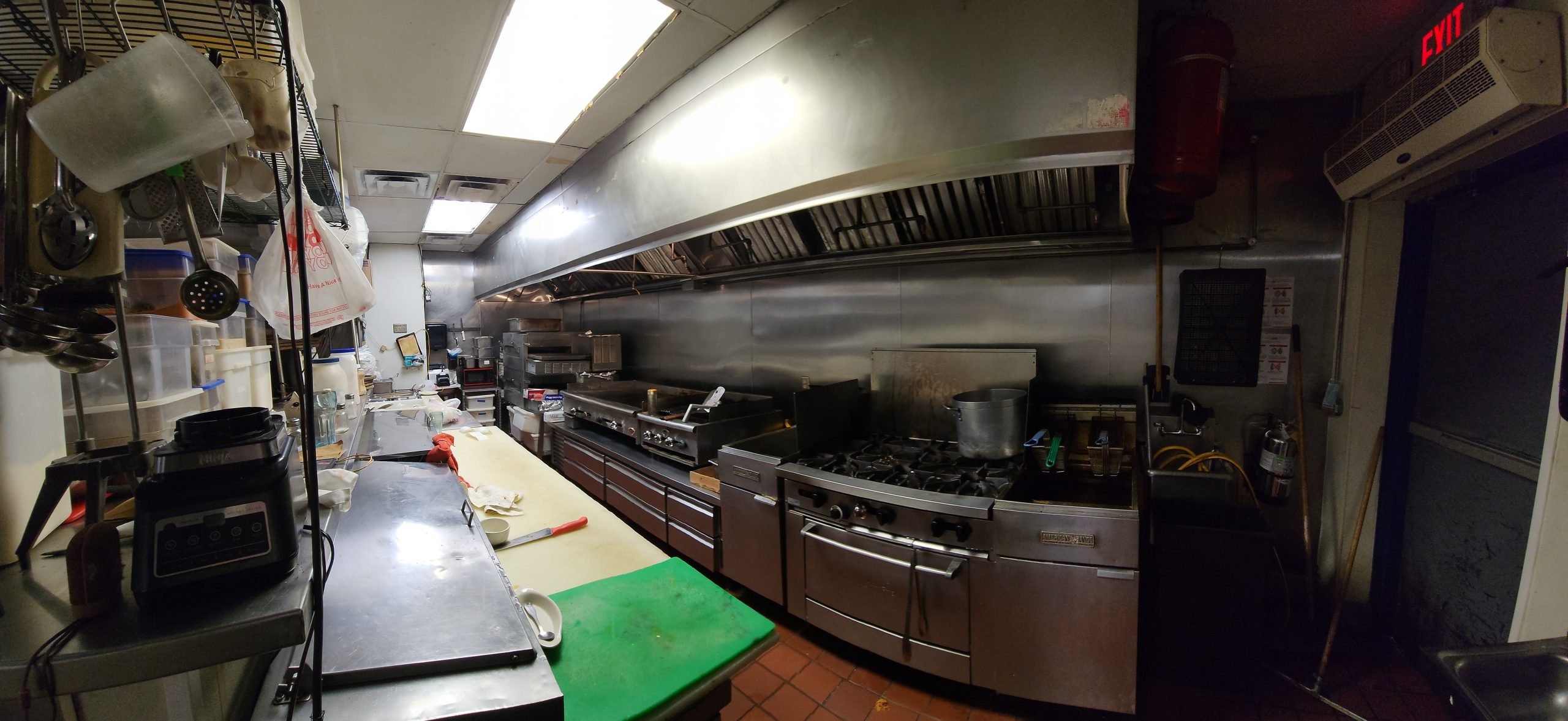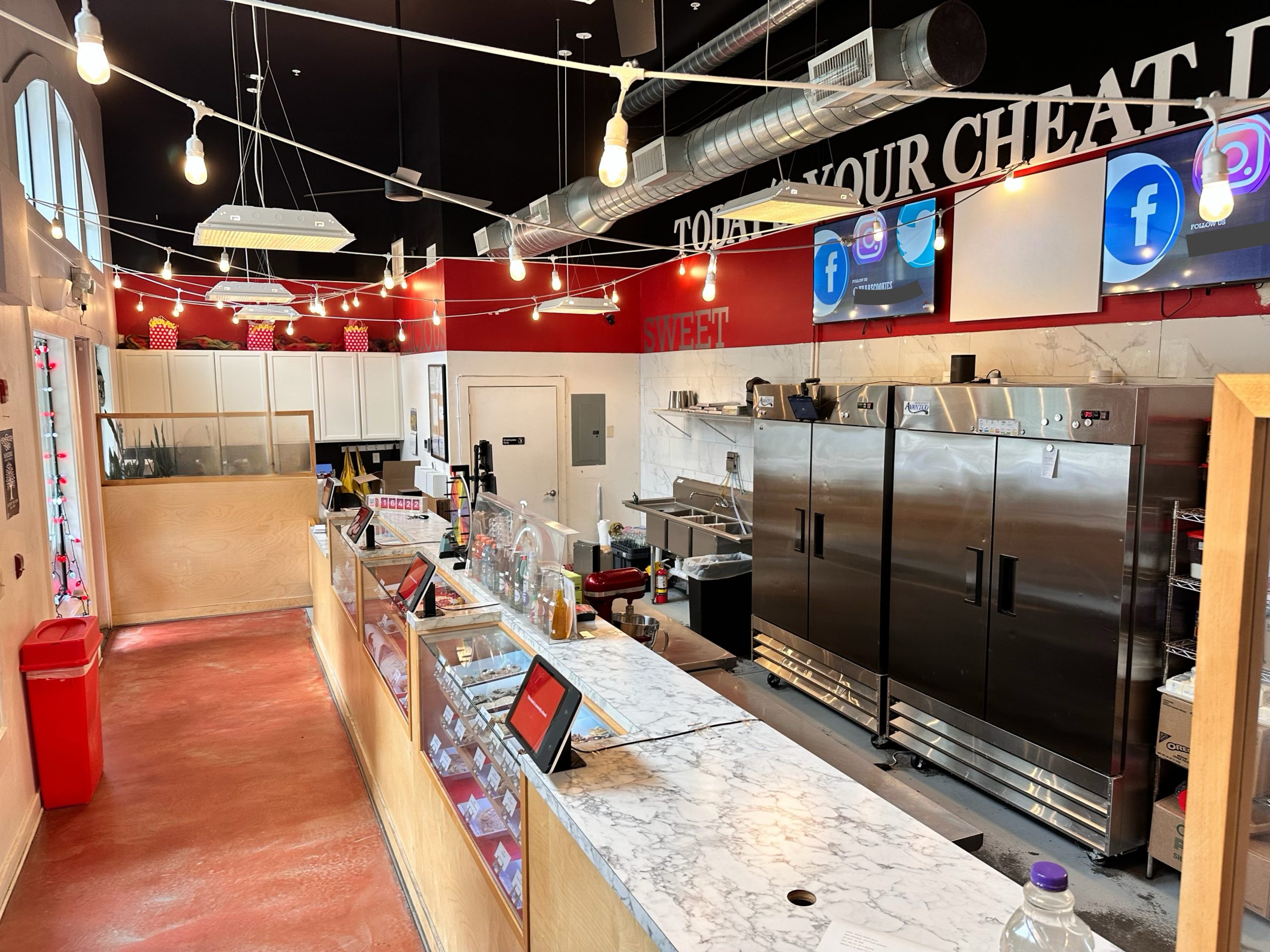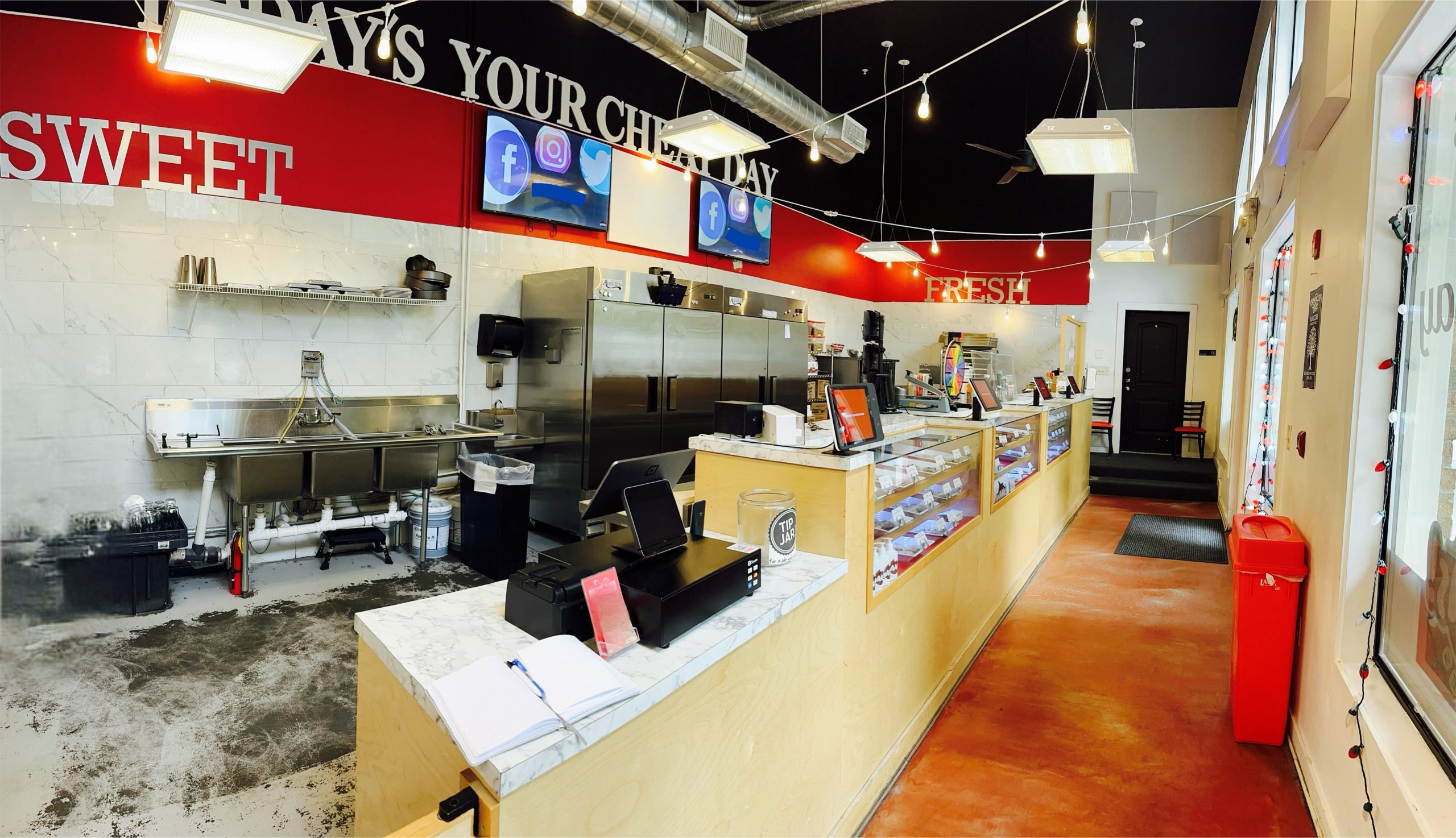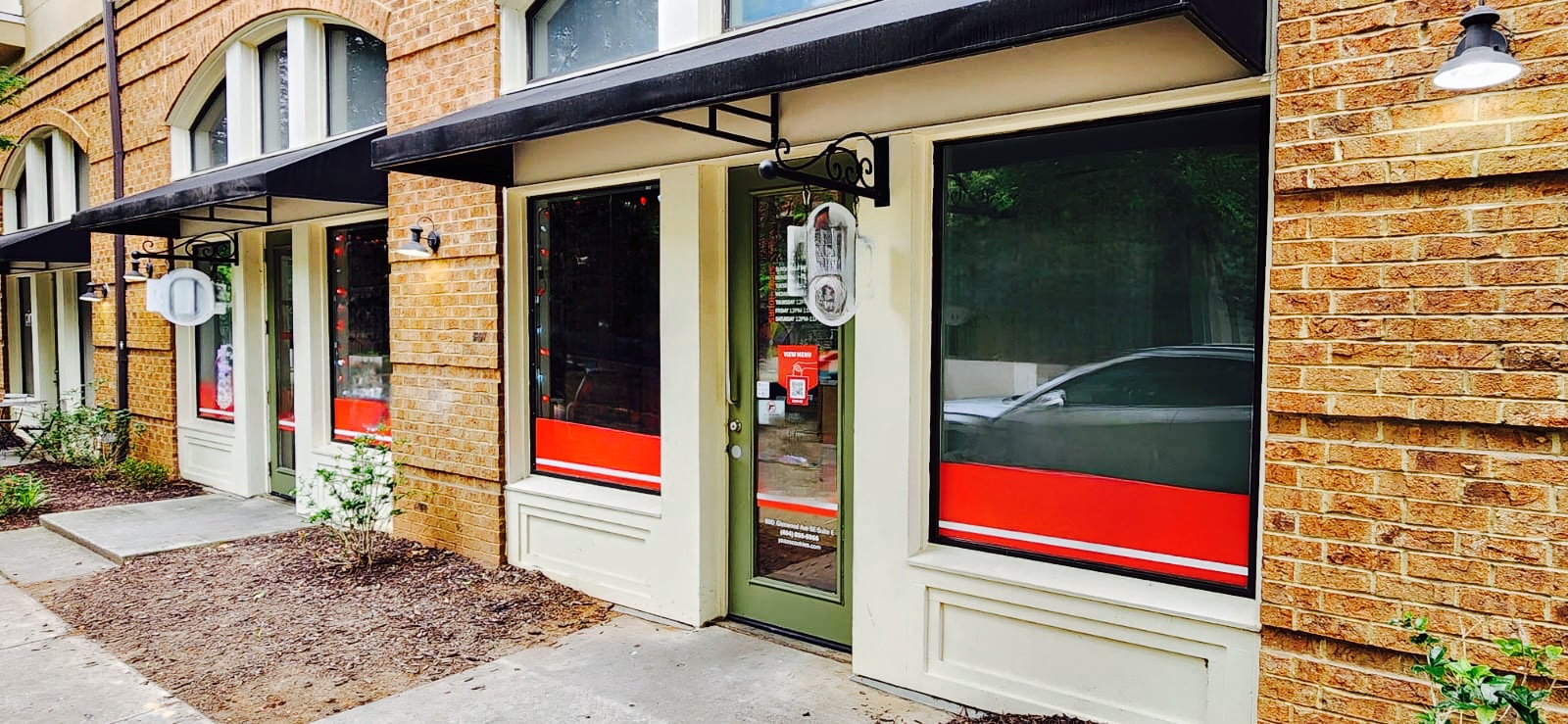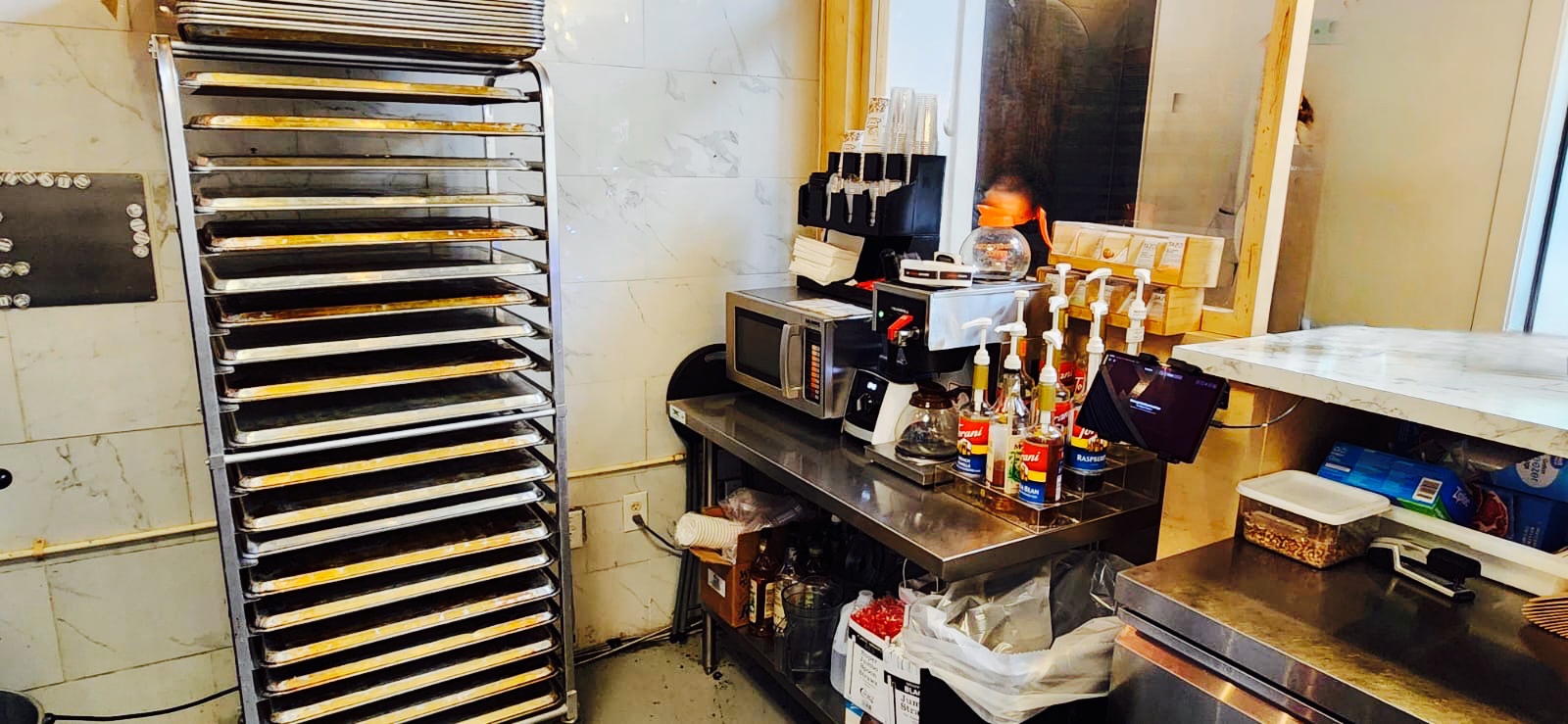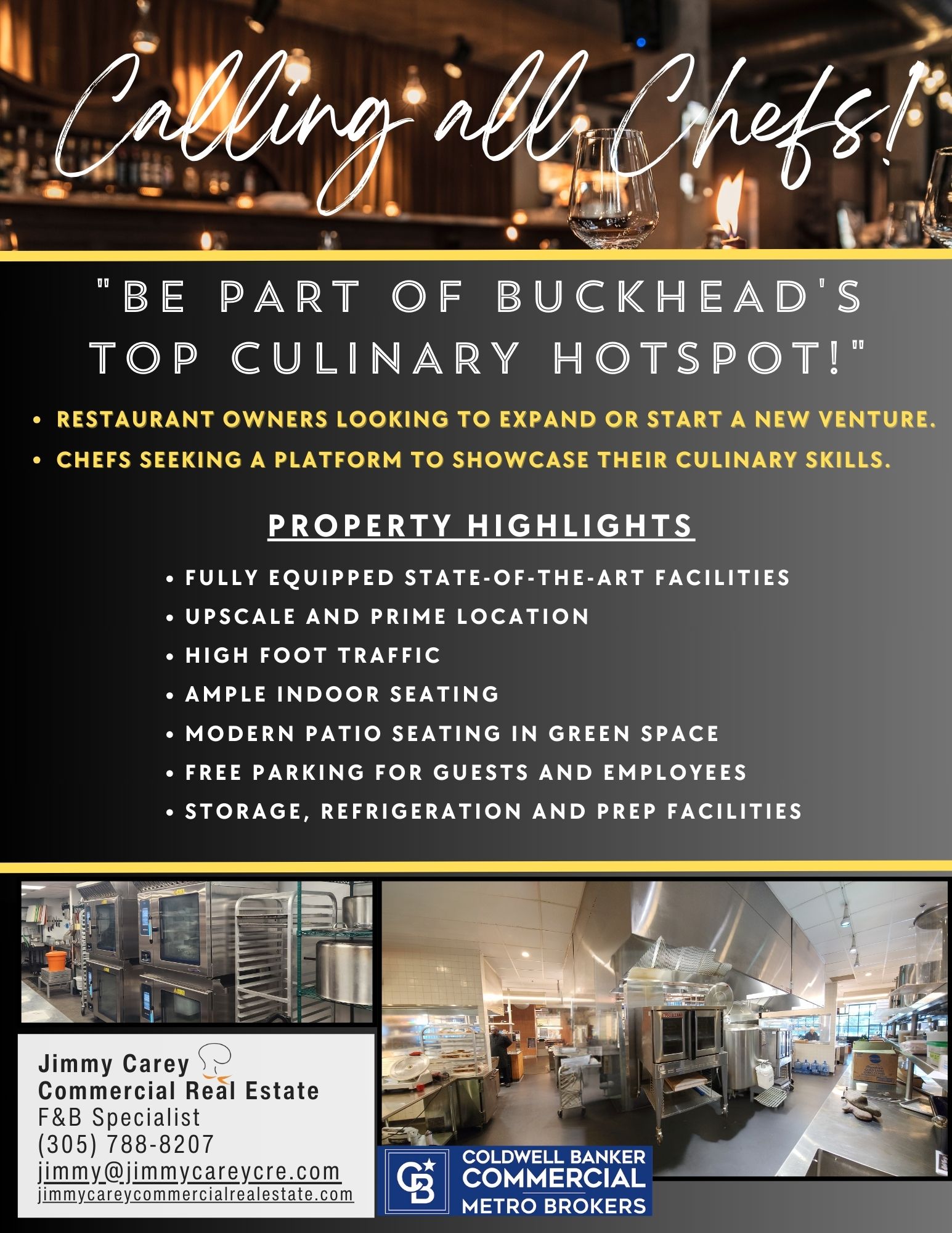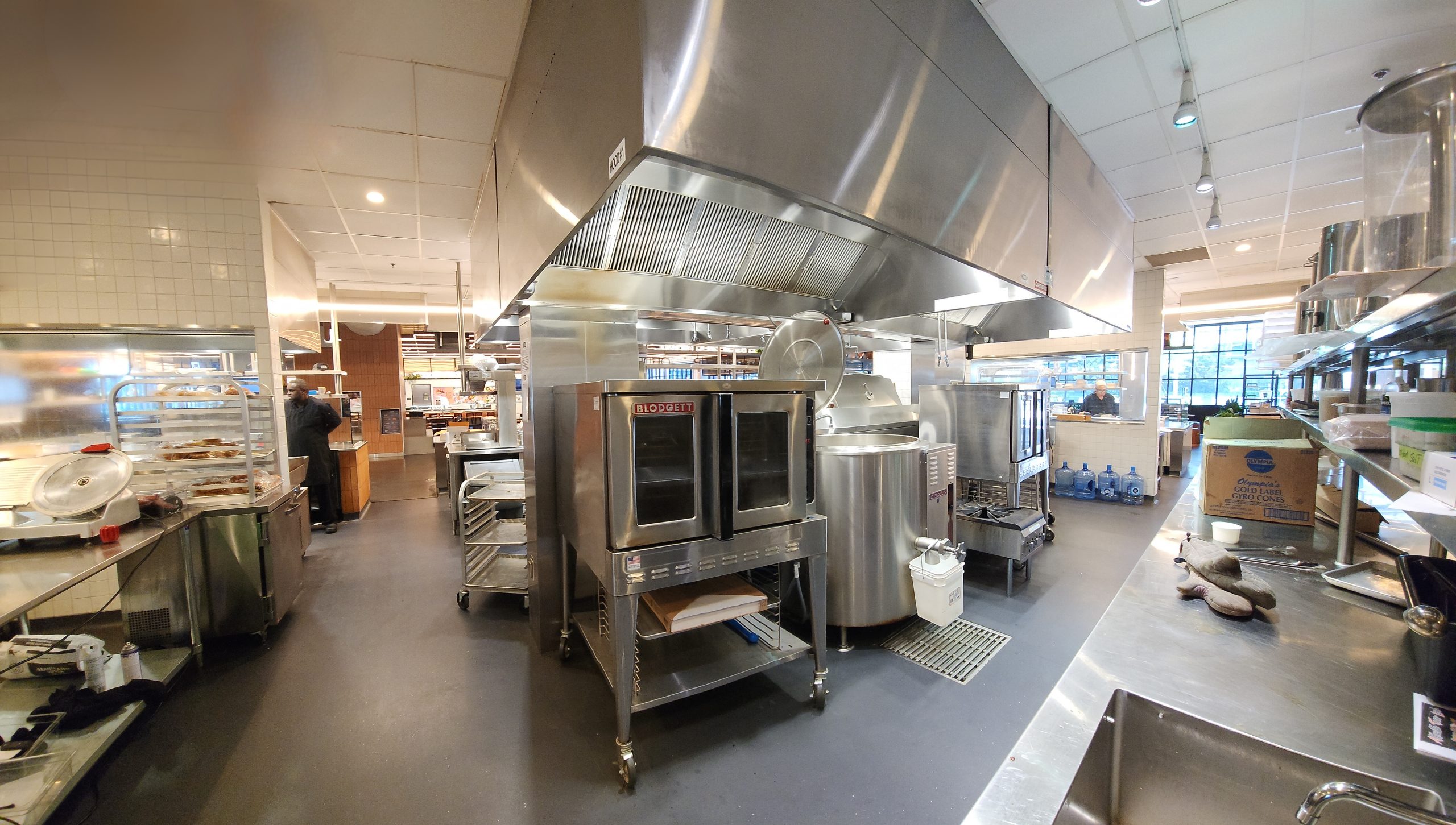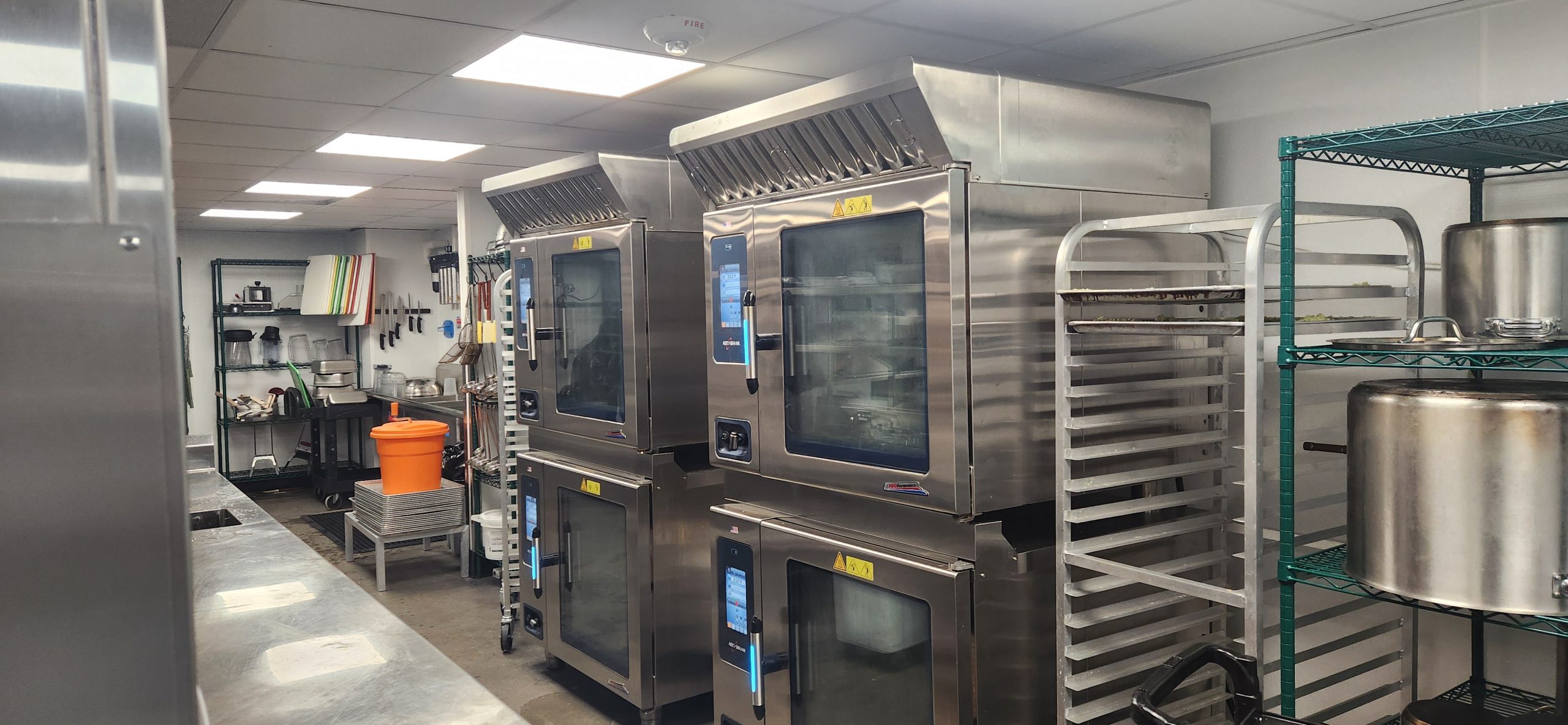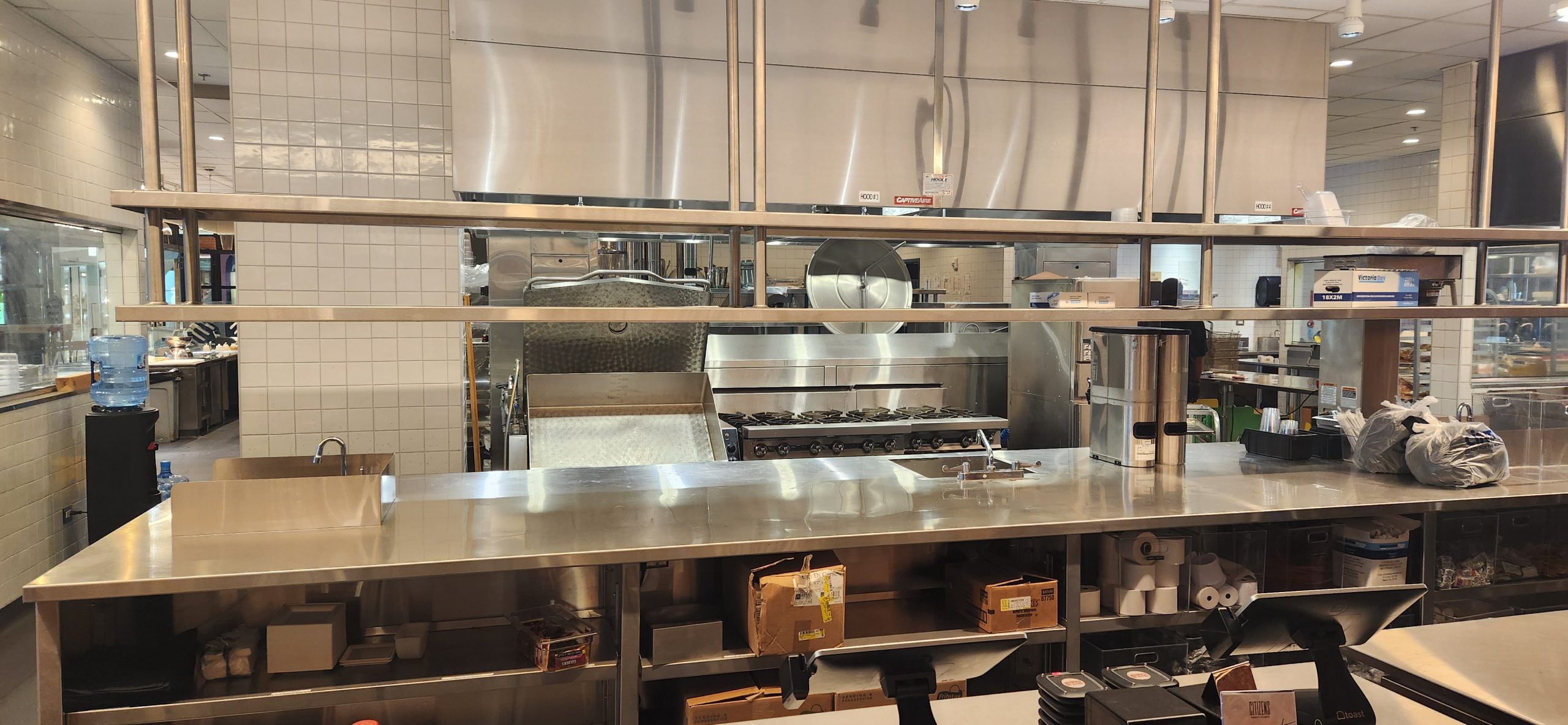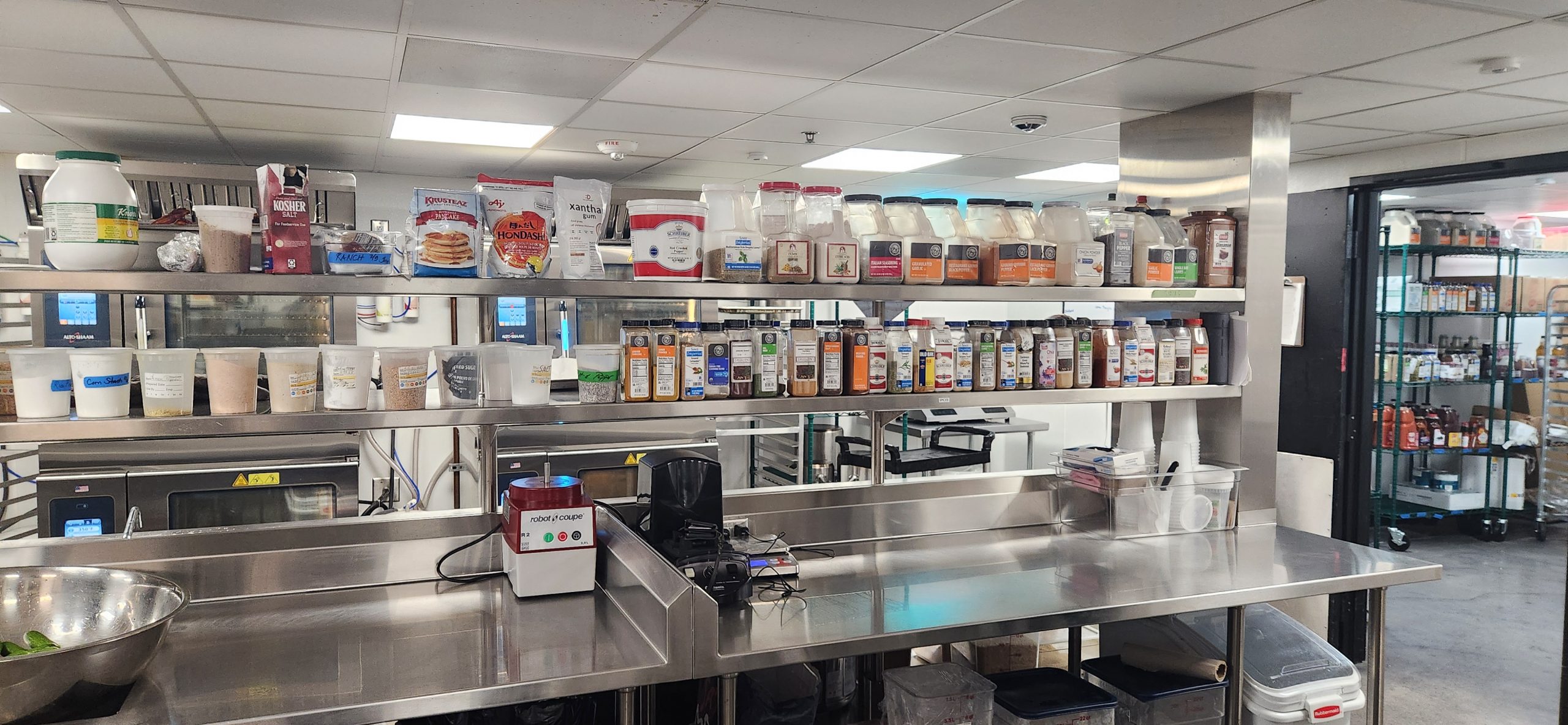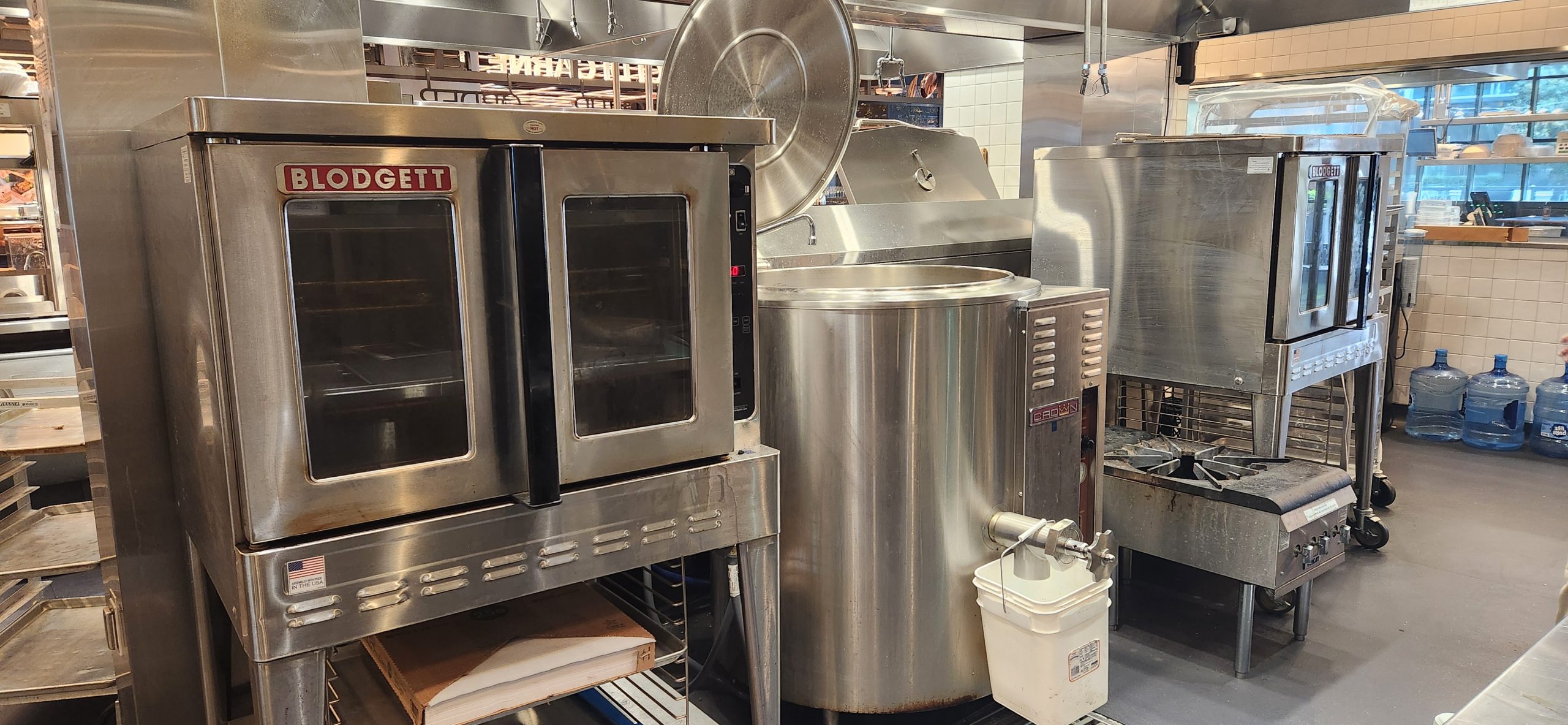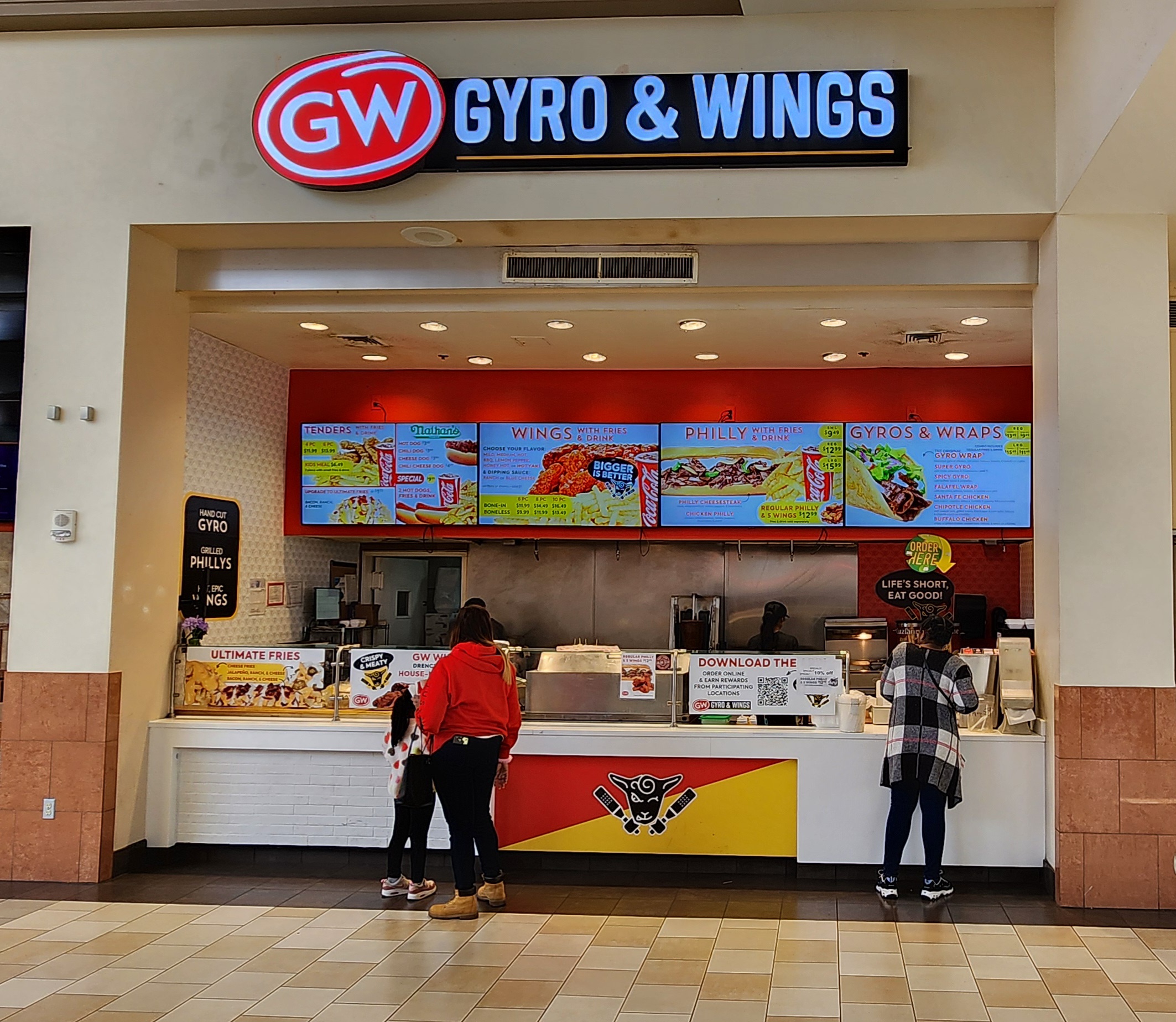Navigating the Opportunities and Challenges of Buying an Existing Restaurant
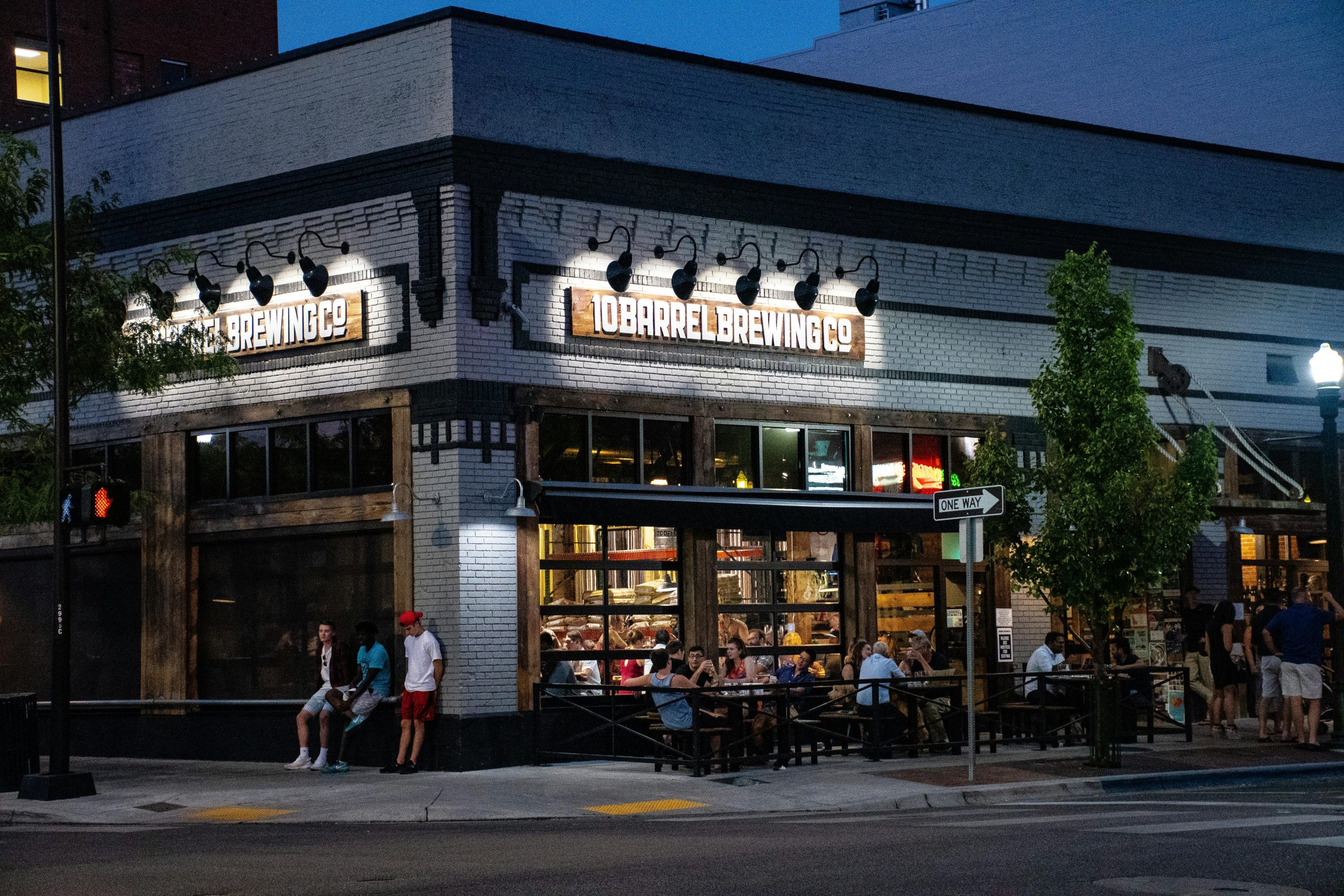
Jimmy Carey Commercial Real Estate
The restaurant industry is dynamic and filled with opportunities for entrepreneurs who are ready to take the plunge. One of the most strategic ways to enter the business or expand your footprint is by purchasing an existing restaurant. However, this decision requires careful consideration and expertise to ensure long-term success.
At Jimmy Carey Commercial Real Estate, our goal is to guide restaurateurs through the complexities of buying or selling restaurants, particularly in a highly competitive market like Atlanta. As seasoned restaurant brokers, we specialize in helping clients identify the best opportunities, navigate negotiations, and avoid common pitfalls. Whether you’re browsing Atlanta restaurants for sale or seeking expert guidance, this guide will provide a comprehensive breakdown of the pros and cons of buying an existing restaurant and help you determine if this path aligns with your goals.
The Pros of Buying an Existing Restaurant
1. Established Brand and Customer Base
Purchasing an existing restaurant often comes with the benefit of an established reputation and loyal customer base. This saves you the time and expense of building brand awareness from scratch. Customers already know the restaurant, its menu, and its quality, giving you a head start on revenue generation.
Why It Matters:
-
Reduces marketing and promotional costs in the initial months.
-
Provides an existing stream of revenue from day one.
Goodwill Considerations
Goodwill is the intangible value of a business, including its reputation, brand equity, and customer loyalty. While it can be an incredible asset, it’s also one of the trickiest components to evaluate during a purchase.
-
Valuation Challenges: Goodwill is subjective and depends on factors like brand perception, market conditions, and customer retention rates. Be cautious not to overpay for intangible assets without clear evidence of their value.
-
Transition Period: Customers may be wary of changes in ownership. Preserving the existing brand identity during the transition period can help retain goodwill while you make gradual adjustments to align with your vision.
Pro Tip
When purchasing an existing restaurant, prioritize conducting a customer sentiment analysis by reviewing online feedback, social media mentions, and in-person interactions. This helps you gauge the strength of the brand’s goodwill and identify any potential areas of concern.
Additionally, during the transition period, maintain the restaurant’s signature dishes and service standards to reassure loyal customers. Gradual improvements, rather than abrupt changes, help retain the existing customer base while setting the stage for your long-term vision.
Working with a restaurant broker can also assist in assessing goodwill and negotiating a fair price, ensuring you’re not overpaying for intangible assets.
2. Existing Infrastructure and Equipment
One of the most significant advantages of purchasing a second-generation restaurant is the availability of pre-installed infrastructure, which dramatically reduces restaurant startup costs. From kitchen equipment like fryers and ovens to grease traps, exhaust hoods, ventilation systems, electrical capacity, plumbing and drainage, refrigeration (walk-in coolers and freezers), bathrooms, and even acoustics (often overlooked), these essentials are already in place, saving substantial upfront investments.
Cost-Saving Example:The installation of a commercial kitchen can cost anywhere from $100,000 to $500,000, depending on the size and complexity. Buying an existing restaurant eliminates much of this expense.
3. Proven Business Model
When you buy an established restaurant, you gain access to its financial records, operational history, and customer insights. These metrics help you make informed decisions and assess the restaurant’s viability.
Key Benefits:
-
Easier access to financing, as lenders prefer businesses with a track record.
-
Proven operational practices reduce the risk of trial-and-error.
Pro Tip
Before finalizing the purchase of an established restaurant, conduct a detailed financial and operational analysis with the help of an accountant or a restaurant consultant. Review the profit and loss statements, cash flow, and historical revenue trends to ensure the business model is truly sustainable.
Additionally, leverage the restaurant’s operational history by identifying its most successful practices, such as high-performing menu items or peak hours. Retain these proven strategies while gradually introducing improvements to align with your vision and enhance profitability.
If needed, a restaurant broker can provide insights and connect you with professionals who specialize in assessing financial viability, ensuring you make a well-informed decision.

Jimmy Carey Commercial Real Estate
4. Prime Location and Zoning Advantages
Location is critical in the restaurant business. Established restaurants have already undergone the process of securing zoning and permits, ensuring the site is suitable for food service.
Why This Matters:
-
Established locations often have proven foot traffic and visibility.
-
Zoning compliance reduces the legal hurdles often associated with new builds.
Pro Tip
When buying an existing restaurant, ensure the lease agreement and its assignment are carefully reviewed and negotiated. A favorable lease can significantly impact your profitability, so pay attention to terms such as rent escalations, renewal options, and permitted uses under the lease.
Before finalizing the purchase, work with your broker to confirm that the assignment of the lease is transferable and includes the original use permits for food service. This ensures that you inherit the legal and operational advantages of the existing location without unexpected complications.
Engaging a restaurant broker experienced in lease negotiations can help secure terms that align with your long-term business goals while maximizing the benefits of the prime location.
5. Experienced Staff
Retaining experienced staff can make the transition smoother. Employees familiar with the restaurant’s operations can maintain continuity while you focus on integrating your vision.
Pro Tip:Build strong relationships with the existing team by engaging them early in the transition. Their expertise is invaluable.
The Cons of Buying an Existing Restaurant
1. Hidden Liabilities
The biggest risk of buying an existing restaurant lies in the potential for hidden liabilities. These could include debts, unresolved legal issues, or deferred maintenance.
What to Watch For:
-
Review the restaurant’s financial and legal documents with an attorney.
-
Conduct a thorough inspection of equipment and infrastructure.
2. Limited Branding Flexibility
Rebranding an existing restaurant can be challenging, particularly if the current brand identity is deeply ingrained in the customer base.
Challenges:
-
Risk of alienating loyal customers during rebranding.
-
Costs associated with changing signage, menus, and marketing materials.
3. Outdated Systems and Equipment
Older restaurants may have outdated technology or equipment, which can lead to inefficiencies and higher maintenance costs.
Example:Upgrading a point-of-sale system to integrate modern payment methods and delivery platforms can cost $10,000 to $30,000, but it is often necessary to stay competitive.
4. Staff and Cultural Challenges
While experienced staff can be an asset, they may also resist changes under new ownership. Misalignment in vision or management style could disrupt operations.
How to Mitigate This:
-
Communicate your goals clearly.
-
Foster a collaborative culture by involving staff in decision-making.
5. Overpaying for Intangibles
It can be difficult to quantify the value of goodwill, brand recognition, and customer loyalty. Overestimating these factors can lead to overpaying for the business.
Solution:Work with an experienced restaurant broker to ensure the valuation is realistic and based on hard data.

Jimmy Carey Commercial Real Estate
Why Buying a Second-Generation Restaurant Is a Smart Choice
What Is a Second-Generation Restaurant?
A second-generation restaurant is a space that was previously built out as a restaurant and is now available for lease or sale. These properties retain critical infrastructure, such as grease traps, exhaust hoods, and plumbing, making them a cost-effective and time-efficient option.
The Benefits of Second-Generation Restaurants
1. Significant Cost Savings
Second-generation spaces eliminate the need for expensive installations, .
-
Example: Installing a grease trap and hood can cost $20,000 to $100,000. A second-generation space already includes these features.
2. Time Efficiency
A second-generation restaurant can often be operational within 1–3 months, compared to the 6–12 months required for a new build.
With most of the infrastructure and compliance already in place, these spaces allow for faster operational readiness. This means you can start generating revenue much sooner compared to a completely new build-out.
Why It Matters:
-
Helps you begin recouping your investment almost immediately.
-
Shortens the time spent without income during the setup phase.
3. Proven Location Success
These spaces are often situated in areas with established foot traffic and complementary businesses.
Even if the previous restaurant is no longer in operation, the location likely holds a certain level of familiarity within the community. This gives the new restaurant a head start in building its customer base.
Why It Matters:
-
It is easier to market to a pre-existing audience familiar with the location.
-
Potential for residual traffic from customers of the previous establishment.
4. Reduced Permit and Licensing Challenges
Second-generation restaurants often come with existing and/or previous permits, such as health department approvals, fire safety compliance, grease trap permit, and liquor licenses (if applicable). This significantly reduces the administrative burden and costs associated with acquiring new permits.
Why It Matters:
-
Expedites the process of getting operational.
-
Saves thousands of dollars on application fees and potential rejections or delays.
5. Existing Customer Awareness
Even if the previous restaurant is no longer in operation, the location likely holds a certain level of familiarity within the community. This gives the new restaurant a head start in building its customer base.
Why It Matters:
-
It is easier to market to a pre-existing audience familiar with the location.
-
Potential for residual traffic from customers of the previous establishment.
Considerations for Second-Generation Restaurants
-
Inspect Condition: Ensure equipment and infrastructure are in working order.
-
Analyze Lease Terms: Work with a restaurant broker to secure favorable conditions.
Key Considerations Before Taking Over an Existing Restaurant
1. Conduct Comprehensive Due Diligence
Before finalizing a purchase, ensure you have a clear picture of the restaurant’s financial and operational health.
Checklist:
-
Review profit and loss statements, tax filings, and lease agreements.
-
Inspect the property for maintenance issues.
-
Verify compliance with health and safety codes.
2. Understand the Location’s Potential
Analyze the area to determine if it aligns with your target audience and concept.
Key Factors to Consider:
-
Demographics and spending habits of local customers.
-
Competition within the area.
3. Consult Experts
Engage experienced professionals to guide you through the process.
Why Choose Jimmy Carey Commercial Real Estate:
-
Expertise in evaluating Atlanta restaurants for sale.
-
Strong track record in commercial real estate representation.
Tips for Success When Buying an Existing Restaurant
1. Define Your Vision
Decide whether to retain the existing concept or introduce a new brand.
2. Negotiate Effectively
Use due diligence findings as leverage to negotiate the sale price, lease terms, and transition conditions.
3. Build Strong Relationships
Engage with staff and customers to ensure a smooth transition and foster loyalty.
Frequently Asked Questions
1. What are the advantages of buying an existing restaurant?
Buying an existing restaurant offers several benefits, including:
-
Established brand recognition and a loyal customer base.
-
Pre-installed infrastructure like grease traps, hoods, and kitchen equipment, saving significant upfront costs.
-
Proven business performance, with financial records to guide your decisions.
-
Faster opening timeline compared to building a restaurant from scratch.
2. What is a second-generation restaurant, and why is it a good option?
A second-generation restaurant is a space that was previously built out and operated as a restaurant. It comes with essential infrastructure like grease traps, exhaust hoods, and kitchen setups.Why it’s a smart choice:
-
Substantial cost savings on build-out expenses.
-
Quicker launch timelines, often within 1–3 months.
-
Simplified zoning and permitting processes, as the space is already compliant.
3. What should I look for during the due diligence process?
When buying an existing restaurant, ensure you:
-
Analyze financial records, including profit and loss statements, tax filings, and debts.
-
Inspect the condition of equipment, infrastructure, and the property.
-
Verify compliance with local permits, health codes, and zoning laws.
-
Review lease agreements to understand your obligations and terms.
4. What are the potential challenges of buying an existing restaurant?
Some common challenges include:
-
Hidden liabilities, such as debts or outdated equipment.
-
Difficulty rebranding or reshaping the restaurant’s identity without losing existing customers.
-
Potential cultural mismatches with existing staff.
-
Higher upfront costs if the property or equipment requires significant upgrades.
5. How can a restaurant broker help me in this process?
A restaurant broker provides invaluable expertise, including:
-
Identifying the right opportunities, such as second-generation restaurants or profitable locations.
-
Conducting market analysis to assess foot traffic, competition, and customer demographics.
-
Assisting with negotiations to secure favorable lease terms or purchase prices.
-
Connecting you with trusted professionals, such as attorneys, accountants, and contractors.
Buying an existing restaurant can be a rewarding opportunity, but it requires careful consideration and expert guidance. Whether you’re looking at a fully operational business or a second-generation space, the Jimmy Carey Commercial Real Estate Team can help you navigate every step of the process.
With years of experience as restaurant brokers, we provide unparalleled insight into Atlanta restaurants for sale, ensuring you find the perfect fit for your vision. Contact us today to learn more about how we can support your journey in the restaurant industry.
Take the first step toward restaurant ownership with confidence—reach out to the Jimmy Carey Commercial Real Estate Team for expert assistance!
Call us or email us at 305-788-8207 & jimmy@jimmycareycre.com

 Facebook
Facebook
 X
X
 Pinterest
Pinterest
 Copy Link
Copy Link


